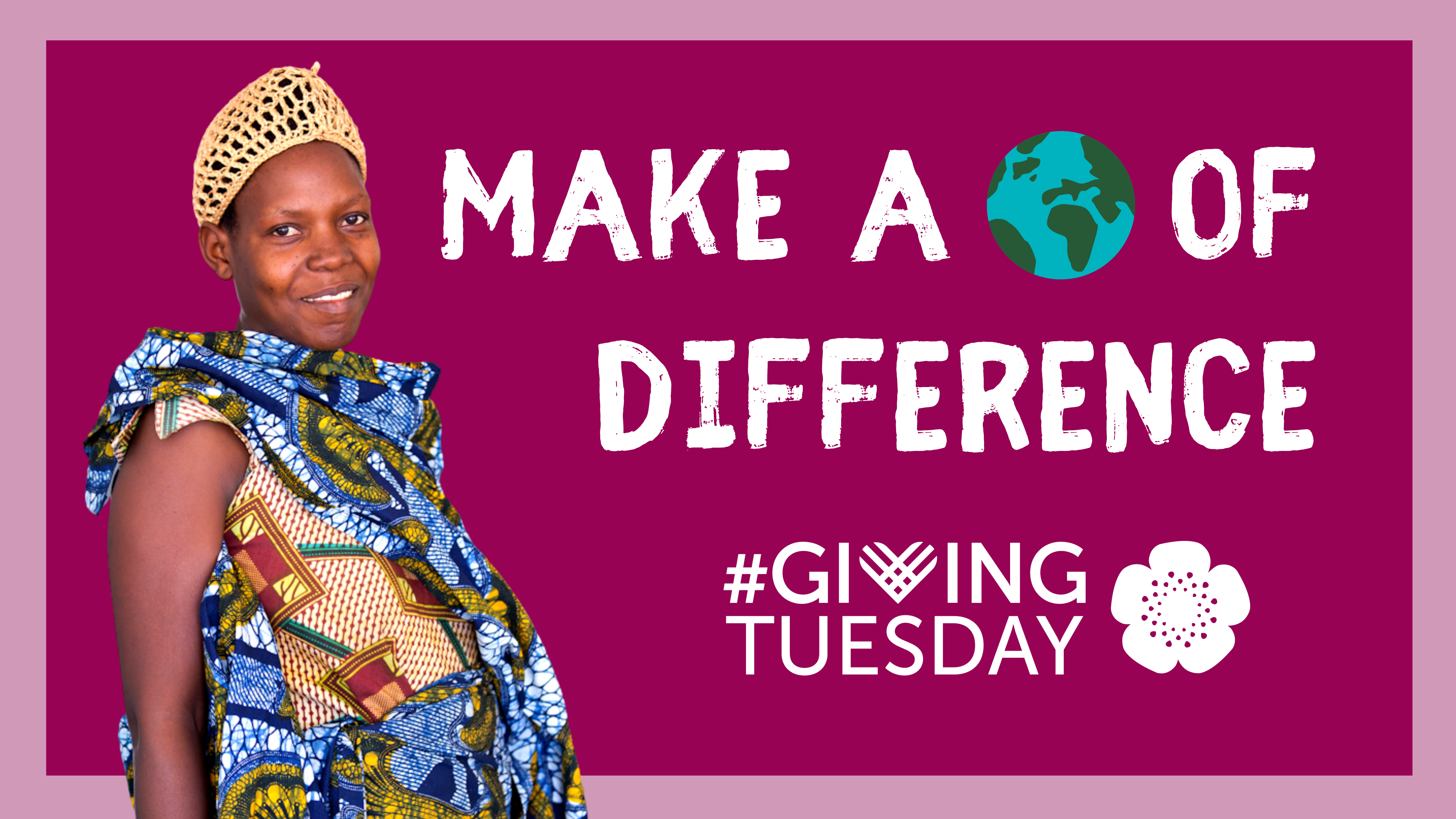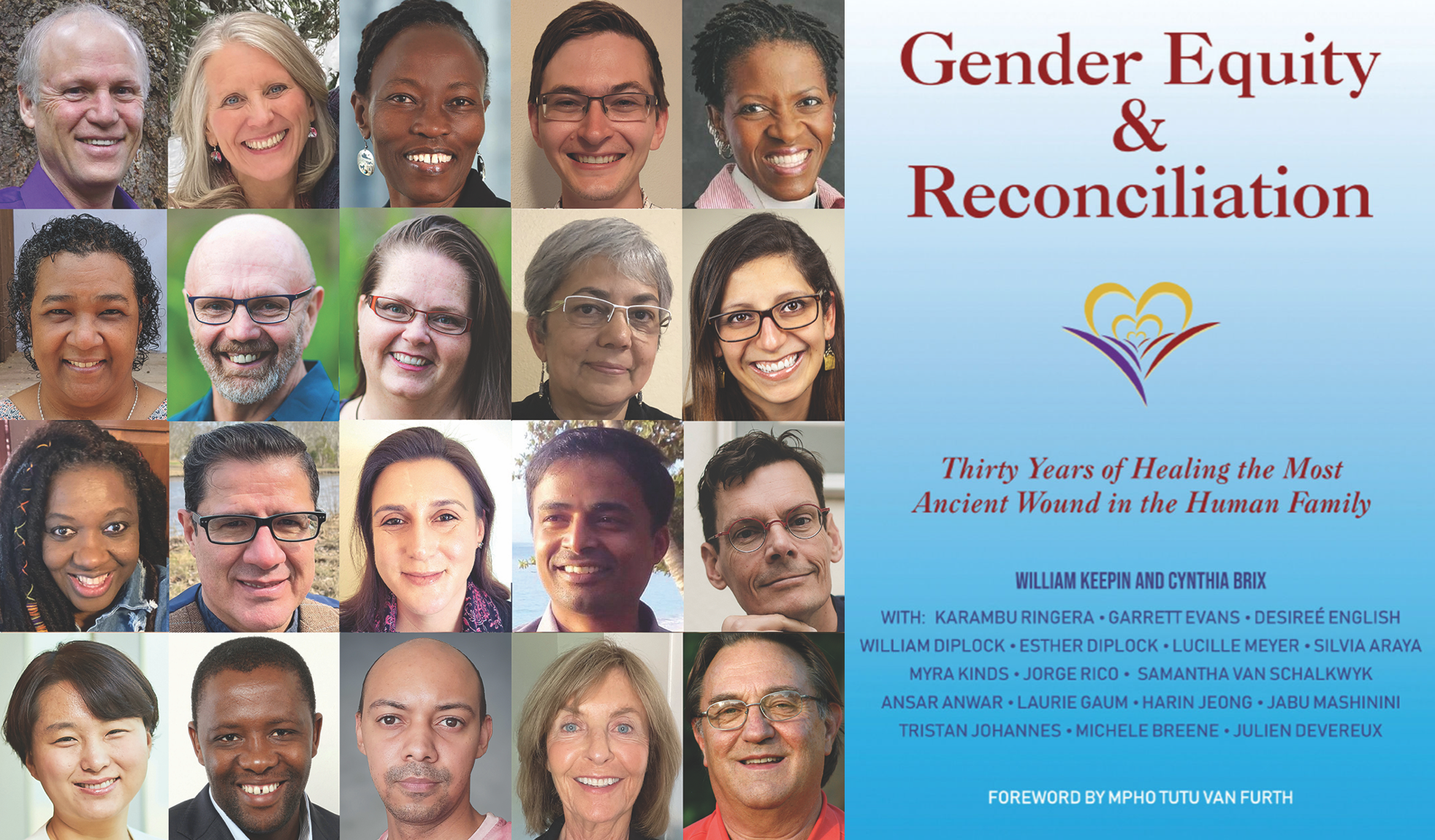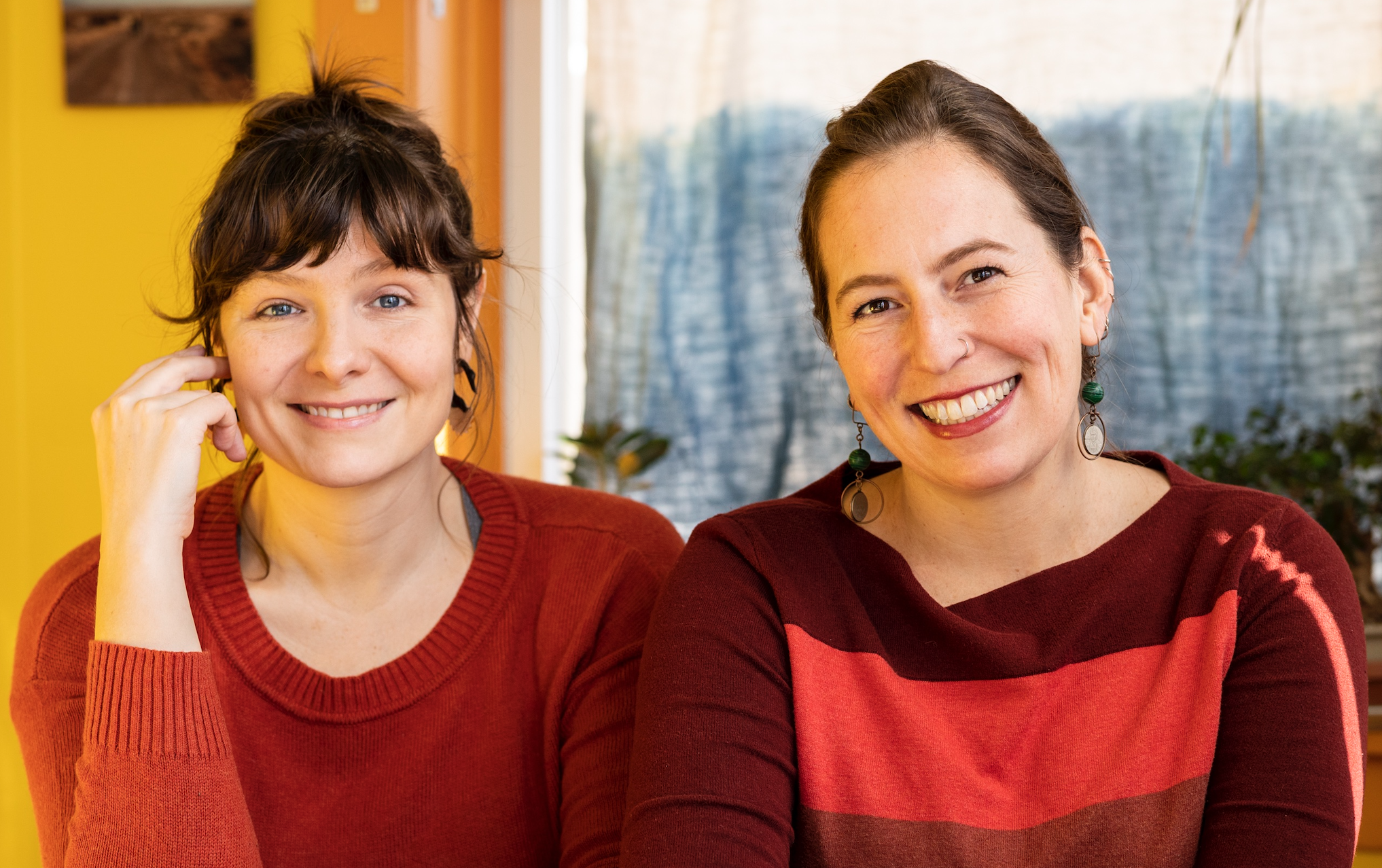
When we think of life in the US, a few key words come to mind: freedom, power, strength etc. One word which should definitely not be uttered is gender equality, and there are a few reasons why. We have yet to ratify the Equal Rights Amendment in our constitution. We are one of only a couple of countries in the world which has no government-mandated paid maternity leave. We have less female political representatives than even some third world countries. And of course the most obvious one which could be fixed as soon as November 2016, is that we have never elected a female president.
Well it turns out we aren’t the only people to recognize the problems within our own borders. Just recently, 3 representatives from the United Nations Office of the High Commissioner, which is an arm of the UN dedicated to focusing on human rights, released details from an investigation they conducted into the USA’s efforts toward gender equality.
Before going into some of their actual findings, we thought it would be worth sharing the introductory paragraph from The Daily Beast in their article on the report:
“Human rights experts from the United Nations visited a backwards country where women are paid significantly less than men, where women are drastically underrepresented in the national legislature, where the percentages of women living in poverty and dying during childbirth are rising, where pregnant women in prisons are shackled during childbirth, and where women face intimidation and harassment while trying to access health care. When they returned from their trip, they said they were ‘shocked’ by what they found and chided the nation for being one of just seven—including Iran, Somalia, and Sudan—that hasn’t yet ratified the Convention on the Elimination of All Forms of Discrimination against Women (CEDAW). You’ll be forgiven if you haven’t heard of this place before. It’s an obscure nation called the United States of America,” wrote Samantha Allen.
Sounds incredulous? Not if we look at what they found during their 10-day, 3-state mission which concluded in a visit to Washington D.C for meetings to explain some of their findings. The women who were sent are Frances Raday from the UK, Eleonora Zielinska from Poland, and Alda Facio form Costa Rica.

In the three states they traveled to, they looked at the schools, prison systems, the workforce, healthcare and politics. You can read the full report in depth by clicking here, but this is a brief overview of what they found in each area.
Politics: “4 out of 15 members of cabinet are women. Women hold 19.4% of Congressional seats and their representation in state legislatures varies widely between 12.9% and 46.2%, with an average of 24.9%. This represents the highest level of legislative representation ever achieved by women in the United States. However, it still places the country at only 72 in global ranking.”
The Economy: “Women constitute nearly half of the US labor force, at a participation rate of 57.0%, and have been an important factor in driving the last decades of US economic growth. Furthermore, working mothers account for two thirds of household earnings. The gender wage gap is 21%, affecting women’s income throughout their lives, increasing women’s pension poverty.”
They also say the majority of minimum wage workers are women, and recommended raising the minimum wage as in some cases these women are the sole breadwinners of the household and have no way of escaping poverty if they cannot earn more.
“Afro-American, Native American and Hispanic women have the lowest earnings. Despite the existence of the 1963 Equal Pay Act and Title VII, federal law does not require equal pay for work of equal value. However, California has now set a precedent with its 2015 California Fair Pay Act thus applying for the first time in US legislation the right to equal pay for work of equal value, which is required by international human rights law.”
One of the biggest embarrassments about the US, considering it is touted as “the most powerful country in the world” is its lack of paid family leave, which has become a talking point among the 2016 Presidential Candidates. Missing this law on a federal level has wide-ranging economic impacts, reported the women.

“The US is one of only two countries in the world without a mandatory paid maternity leave for all women workers. As of 2014, paid maternity leave is provided by legislation in 3 states and in Federal government employment but it is only for six weeks, which is beneath the international minimum of 14 weeks. The percentage of women in poverty has increased over the past decade, from 12.1% to 14.5%, with a higher rate of poverty than men, affecting predominantly ethnic minorities, single parent families and older women. We suggest that both Federal and state governments address this problem urgently, by promoting employment for women, raising the minimum wage and eliminating the wage gap.”
As they focused on healthcare, the women praised the introduction of the Affordable Care Act but says it still has a long way to go for it to be more inclusive. Women, particularly immigrant women and women of color, seem to be disproportionately affected in an averse way. But that wasn’t the worst aspect of healthcare they found.
Reproductive Rights: “According to UN reports, the ratio [of maternal mortality rates in the US] increased by 136% between 1990 and 2013,” it said, and they urged leaders to identify root causes of such awful statistics. But they did find issues about how the US treats women’s reproductive rights, and they are certainly not news to us or many other women around the country.
“We are concerned that the Supreme Court’s recognition, in Hobby Lobby, of an exemption on grounds of freedom of religion to opt out of contraceptive insurance for employees, will deprive some women of the possibility of accessing contraceptives,” they wrote of the decision to allow for-profit corporations to identify as individuals and cite constitutional rights to “freedom of religion” and decide not to provide employees with certain types of contraceptives because of a corporate owner’s closely held religious beliefs.

“Our Group was informed that, being a prerogative of each state, adequate and quality sex education in schools was lacking in many curricula. We learned that in many schools, only abstinence was taught instead of providing objective and scientifically based sex education which is a key element of health policy,” they continued.
Herein lies one of the great hypocrisies of using religious grounds to stop abortions. If you don’t want a woman to ever have to get to the point of having to decide whether to get an abortion or not, provide robust sex education in all schools, and make contraception and birth control available easily. In the US, only 22 states require schools to teach sex education, and of that number only 18 need to teach “medically accurate” information. That is one of the most heinous and embarrassing stats which needs to be fixed.
Although the 1973 Roe v Wade Supreme Court decision allows for legal and safe abortions, the three women cited the Hyde Amendment (which prevents any federal funds to be used for abortion except in the case of rape or incest), excessive waiting periods and bullying tactics such as forcing women to undergo ultrasounds before getting an abortion as discriminatory. As they conducted their study they experienced women being harassed outside abortion clinics, and doctors targeted by violence simply for performing something that is legal. They cited the recent Planned Parenthood shooting in Colorado where a crazed gunman shot and killed 3 people because of the “baby parts” issue.
One of the best parts of their report was how the identified the ways religion has been used as a weapon for violent and oppressive measures to try and stop women from getting abortions.

“We wish to recall, as independent United Nations human rights experts have consistently stressed, that freedom of religion cannot be used to justify discrimination against women, and therefore should not be regarded as a justification for denying women’s right to enjoyment of the highest attainable standard of health. We encourage steps to reconcile U.S. laws on religious or conscience-based refusals to provide reproductive health care with international human rights law and to prohibit refusal to provide sexual and reproductive health services on grounds of religious freedom, where such refusal will effectively deny women immediate access to the health care to which they are entitled under both international human rights law and US law.”
This report reads like something from a third world country, but it is not. It is what is happening right now in our communities, our states, our legislatures. While the women urged leaders at every point to take action to prevent and reverse the damages being done and rectify areas that are yet to be addressed in terms of inequalities toward women, let this be a wake up call to us all. We need to be mindful of the candidates we vote into office both on a state and federal level. The lack of equal representation of women in government is having a damaging effect disproportionately on women. That shouldn’t surprise any of us.
The women will be compiling a more comprehensive report and presenting it to the Human Rights Council in June 2016. This is a wake up call to all women in America, let’s not wait for equality to be given to us, we need to raise our voices and demand it.
“While the current administration has consistently expressed its unconditional support for the cause of women’s equality, we regret to observe a gap between rhetoric and reality. The United States, which is a leading state in formulating international human rights standards, is allowing its women to lag behind international human rights standards,” they concluded.

















